Best Practices Articles

7 Traits of a Highly Successful Channel Partner
Over the past few years, we have gained some fascinating insights into shifts in channel dynamics using our Unified Channel Partner Management Software and Concierge Services to run a number of partner profiling programs for our technology clients. And as we compare this data with the information we’ve gleaned from the dozens of worldwide studies that we have done, we have uncovered an amazing set of characteristics that distinguish the partners who tend to sell the most (and most profitably) and why they do so.
These statistics are referenced from a different perspective in our previous articles, including 3 Macro Trends That May Put Your IT Channel Partner Out of Business and 7 Risks Your IT Channel Partner Must Manage To Stay In Business, but in today’s article we want to focus on the successful channel partner. In every case, what we see is a true commitment to:
1. Relentless focus on customer value - In the technology solutions space, we consistently see that the most predominant success characteristic for channel partners, whether they are system integrators or management service providers or with deep vertical expertise, is their clarity of insight regarding their target customer segments, how they can meet customer needs, and the imperative to stay ahead of the competition by providing better solutions.
The technology space is always in flux, but even within the space the pace of evolution varies profoundly. Traditionally, enterprise has been the early adopter of cutting edge technologies, but the fundamental shifts in the technology channel business environment (as discussed in 3 Macro Trends That May Put Your IT Channel Partner Out of Business) today mean that partners who do not constantly evaluate their competitive position and customer value proposition are most likely to be the first to lose their momentum and edge.
2. Deep domain expertise - In the technology channel, success is derived from not just deciding what to do, but rather what not to do. As technology becomes more and more complex, and cloud services drive a tectonic shift in the channel service delivery model, partners who do not focus on a manageable set of areas in favor of pursuing horizontal opportunities across many verticals tend to risk losing the potential to build on core capabilities that are essential to maintaining relevance with their customers. In 1930 there were 1800 car companies in the US. Today we have five US car companies and about 30 international companies. The technology space is following this pattern very closely.
Following that analogy, if you are setting up service shops to service cars, you have to pick which automotive companies you will support, as each car is built differently and cars today are more like computers on wheels than mechanical constructs. In the same way, building strategic domain expertise is far from a frivolous choice for a partner makes. The strategic selection of the right technology vendor can make or break a solution provider’s future survivability. This is a really hard choice for a partner, and mistakes are easily made despite the best intentions, but without a thoughtful approach to vendor selection the partner’s risk is massive.
3. Complex service capabilities - Having settle on the right ecosystem of technology vendors, partners’ next success factor hangs on developing deeper technology competencies. One of the most telling examples would be that of partners who formerly managed and maybe also sold servers and storage components to their end customers, but who have transitioned to delivering cloud-based products and services and gradually built up competencies in those areas. Their revenue mixes have shifted, dropping dramatically for transactional components like hardware, software or warranties, but substantially increasing for higher margin service businesses.
If something is harder to do, yet you have mastered it and all the underlying service and support elements, the chances are you will experience far less competition as you continue to build differentiation through expertise. Partners in this happy situation also tend to have higher retention of key personnel. And, even if there is employee turnover, since the deeper nature of the engagement with the end client does encourage poaching, partners with a talent development process in place can bridge this loss relatively quickly.
4. High vendor engagement rate – Every day, it seems we all have less and less time and more and more to do. Channel partners are in the same boat. Our research consistently throws up compelling statistics demonstrating that partners who are strategically rather than tactically engaged with their vendor resources, including sales, marketing, technical support and product teams, tend to outperform partners with purely transactional relationships with their vendors. The evidence points to the fact that selecting a strategic technology or vendor cluster and building deeper expertise and differentiation is critical for solution providers to make the most of these core relationships, as vendors tend to showcase their more successful channel partners to their broader market place, which of course drives further profitable growth and engagement from the client base. A positive endorsement of a channel partner by a technology vendor has a huge credibility impact with the end customer. Those partners who manage their vendor relationships strategically tend to outperform their peers exponentially.
5. Commitment to personnel development - Service delivery is in essence a matter of process and organizational structure. Yes, people develop and deliver services, but in a complex technology delivery and support environment, having a properly documented process and decision hierarchy is critical, as is an organization’s ability to prove to customers that their employee skill sets are adequate to the task. In a successful partner organization, as in any other, commitment to goals, standards and deliverables rules the day. Defined processes for service delivery (ITIL or ITSM) have been in place for a while now, and talented technical staffs tend to migrate towards organizations where they have the opportunity of maintaining a career path. Translated into everyday activity, this usually means achieving certification on relevant aspects of their scope of work. It follows that channel partner organizations that have a programmatic approach encouraging vendor certification - especially from strategic vendors - tend to grow their talent pool much faster, build competitive advantage and also retain talent. This evolves into a core competitive advantage both for delivering better value and for sourcing talent without paying high premiums, and also growing that talent to encourage long term retention.
6. Commitment to Automation - First things first: when it comes to service delivery, automation is always a priority focus for a successful channel partner. A plethora of tools is in use today - from higher-end management suites such as those available from HP, BMC and Dell to entry-level products like Connectwise, Autotask, and other Professional Service Automation (PSA) platforms. What’s important here is to ensure visibility, predictability, security and accuracy in service delivery. Again, our research shows that the partners who take a longer-term approach and embrace marketing automation by leveraging both their internal tools and their technology vendors’ Partner Relationship Management or Partner Marketing Management platforms, tend to outperform the rest consistently.
7. Strategic Financial Management - Last but not least, the channel partner organizations that take a holistic approach towards a market segment, and understand what is cost and what is investment for the future, tend to have higher profitability and a better survival rate than those who focus more narrowly quarter-to-quarter, chasing short term rebates, rewards and programs.
This is again where professional vendor relationship management must be applied. Strategic, future focused partners with access to channel marketing automation platforms and market development funds tend to leverage the vendor marketing and sales engine more effectively to drive new deals in both existing and new segments. Just a few points’ reduction in marketing costs deriving from access to vendor marketing development funds or channel programs can drive noticeable bottom line profitability not just in the short term, but also in the long term.
Through our research and surveys, we are aware that building and sustaining a business in a hyper-competitive space isn’t easy and can't be achieved through formulaic processes. There are multiple other factors in addition to these seven commitments that are relevant to driving business success, but we are confident, based on the past few years of real data gathering, that if a partner follows these seven rules are the best place to start from. We would love to hear from you - whether you are a technology vendor or channel partner - about what you believe the success of IT channel partner business depends on, and what other primary success factors we should add to these seven.
Best Practices Guidebook
 Winning with Partner Advisory Councils: Best Practices for Partner Engagement & Growth
Winning with Partner Advisory Councils: Best Practices for Partner Engagement & GrowthDownload Guide
 The Future of Partner Ecosystems Best Practices
The Future of Partner Ecosystems Best PracticesDownload Guide
 The AI Revolution: How Technology and Talent are Shaping the Future
The AI Revolution: How Technology and Talent are Shaping the FutureDownload Guide
 Top 105 Partner Management Metrics that Matter Best Practices
Top 105 Partner Management Metrics that Matter Best PracticesDownload Guide
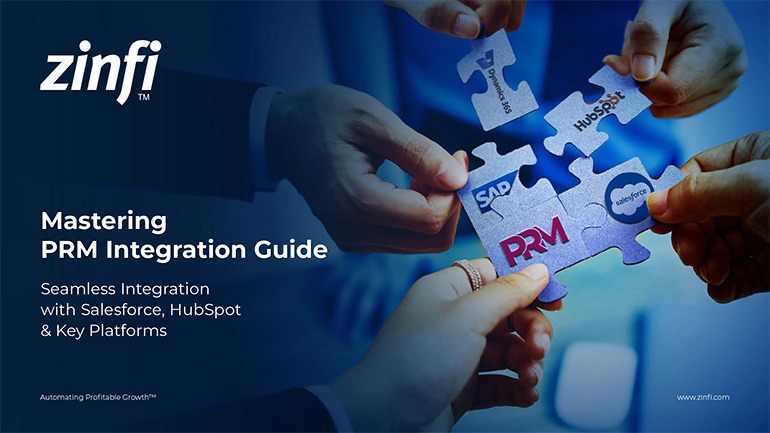 Mastering PRM Integration Best Practices
Mastering PRM Integration Best PracticesDownload Guide
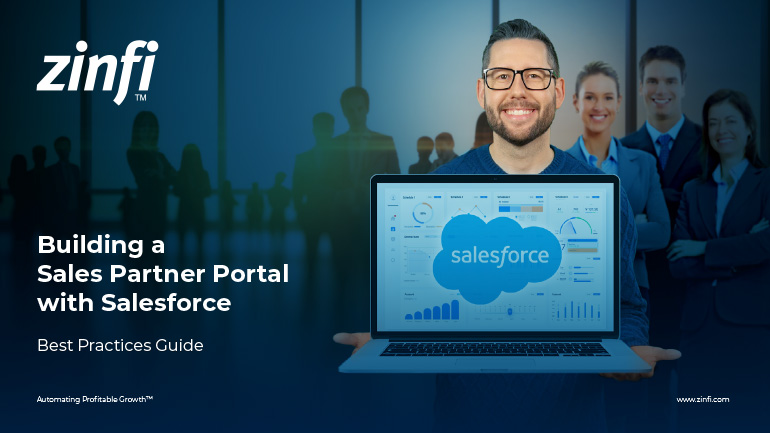 Building a Sales Partner Portal with Salesforce Best Practices
Building a Sales Partner Portal with Salesforce Best PracticesDownload Guide
 Building and Managing Partner Ecosystems Best Practices
Building and Managing Partner Ecosystems Best PracticesDownload Guide
 Mastering Co-Marketing and Co-Selling Best Practices
Mastering Co-Marketing and Co-Selling Best PracticesDownload Guide
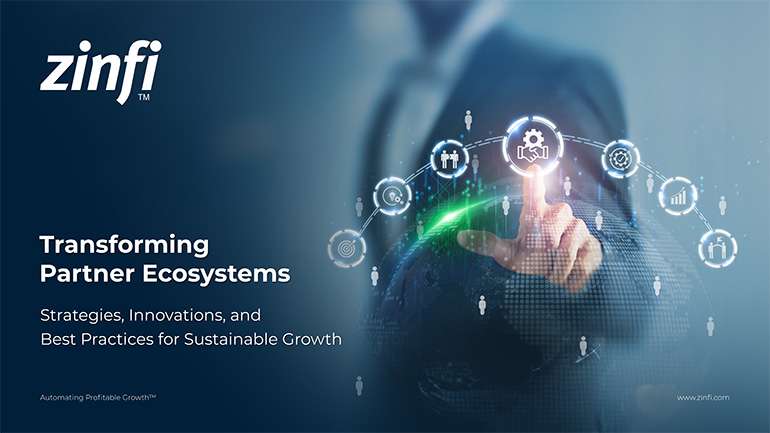 Transforming Partner Ecosystems Best Practices
Transforming Partner Ecosystems Best PracticesDownload Guide
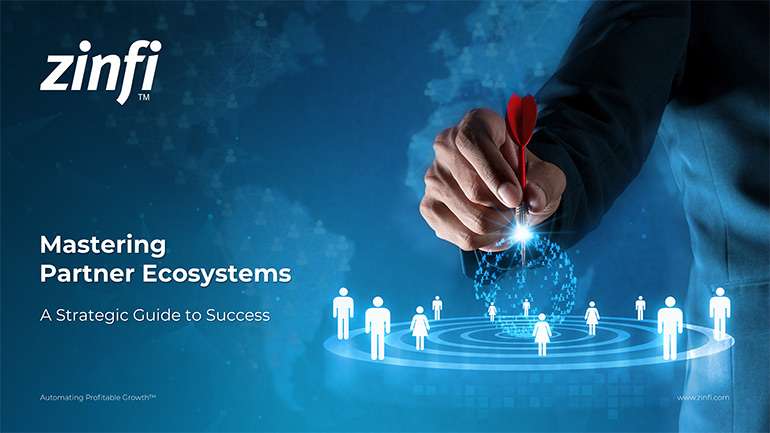 Mastering Partner Ecosystems Best Practices
Mastering Partner Ecosystems Best PracticesDownload Guide
 Mastering Partner Onboarding Best Practices
Mastering Partner Onboarding Best PracticesDownload Guide
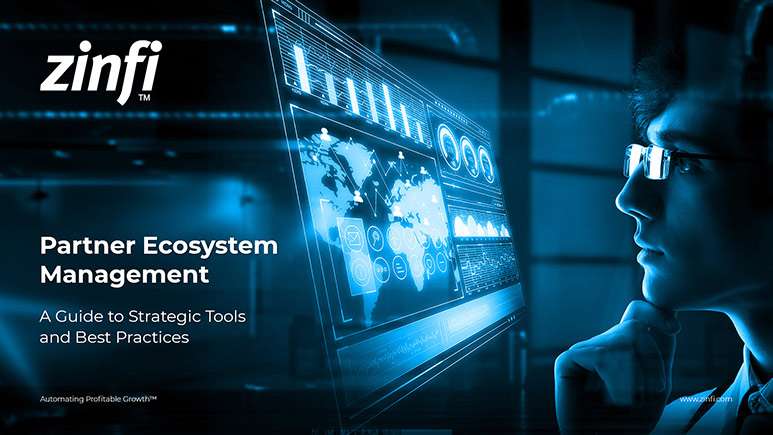 Partner Ecosystem Management Best Practices
Partner Ecosystem Management Best PracticesDownload Guide
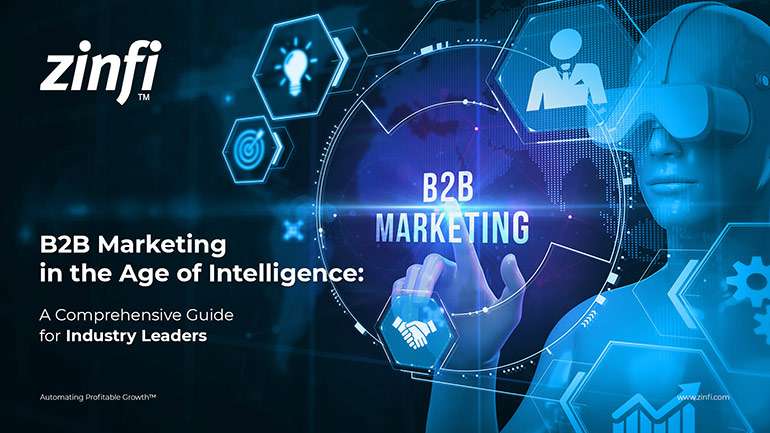 B2B Marketing in the Age of Intelligence Best Practices
B2B Marketing in the Age of Intelligence Best PracticesDownload Guide
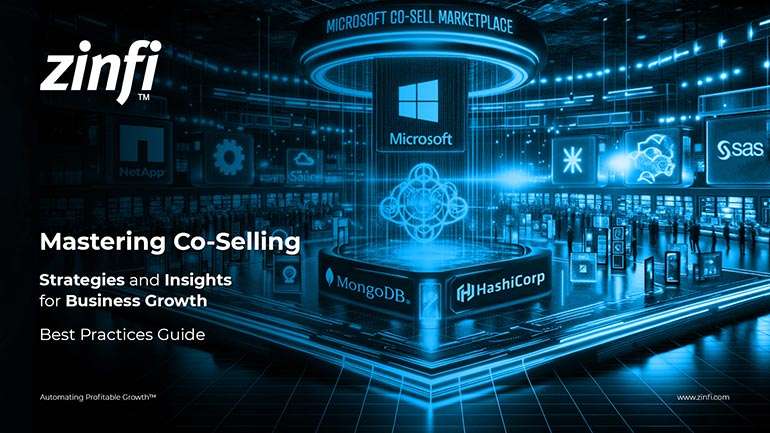 Multi-Partner Co-Selling Best Practices
Multi-Partner Co-Selling Best PracticesDownload Guide
 A Guide to Enhance Channel Sales Efficiency
A Guide to Enhance Channel Sales EfficiencyDownload Guide
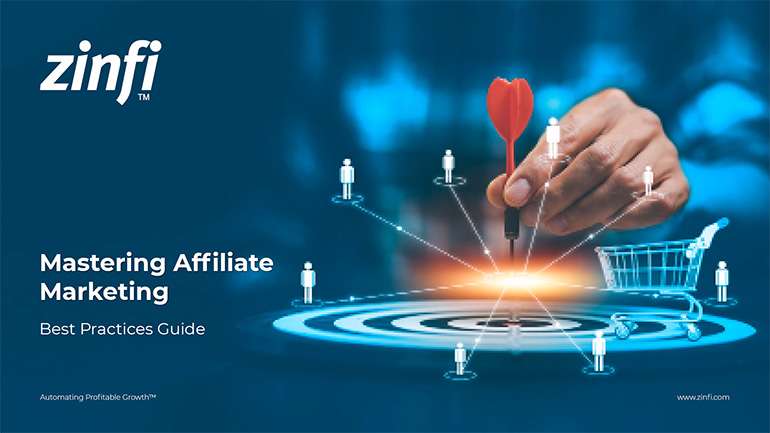 Mastering Affiliate Marketing Best Practices
Mastering Affiliate Marketing Best PracticesDownload Guide
 The Ultimate Guide to Channel Partner Management
The Ultimate Guide to Channel Partner ManagementDownload Guide
 Top 10 Trends in 2024 Partner Relationship Management
Top 10 Trends in 2024 Partner Relationship ManagementDownload Guide







